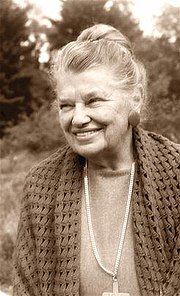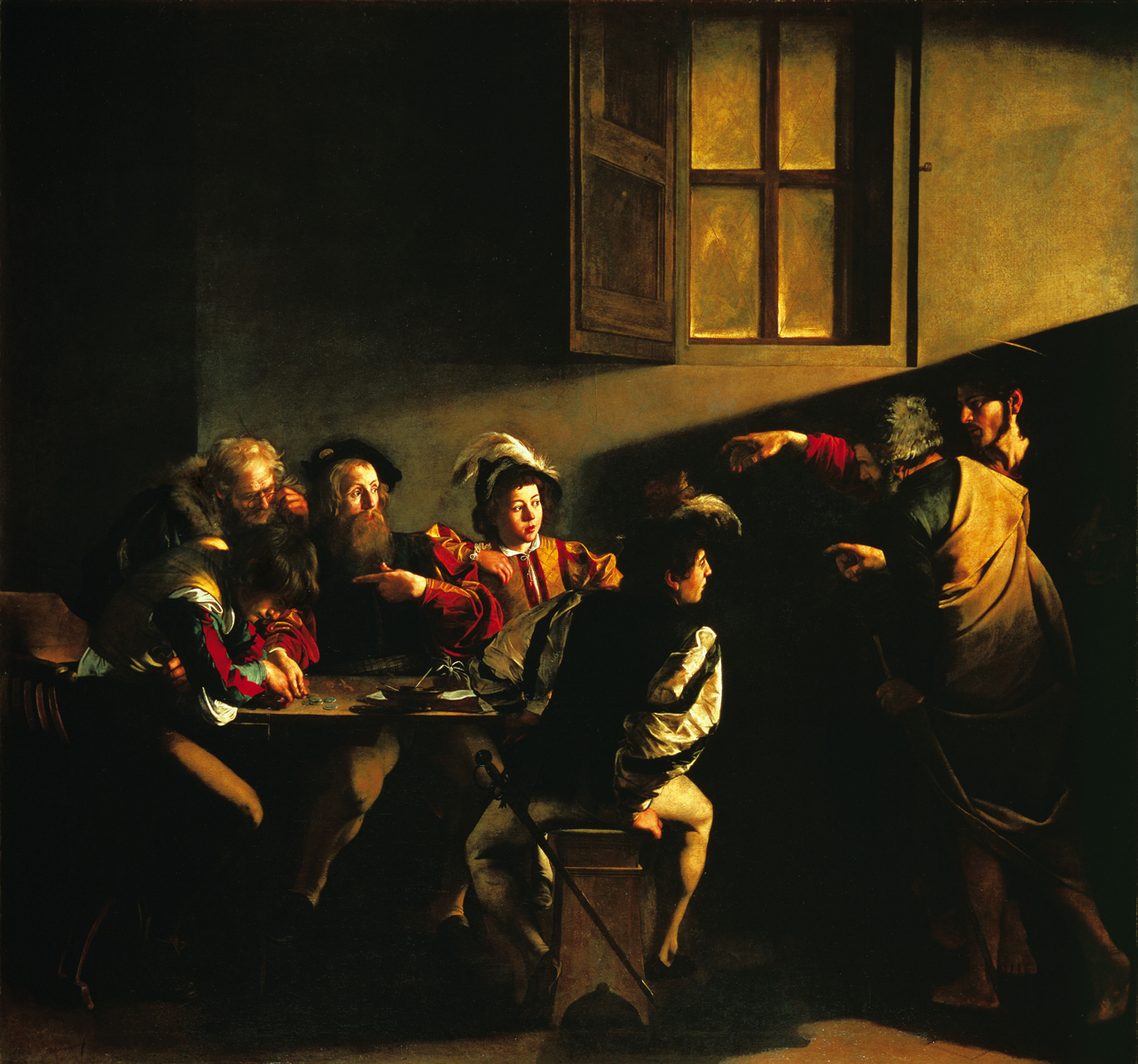A priest friend of mine, Fr. Robert Zwilling of the Diocese of Belleville, sends out a weekly e-mail that explains a little bit about this or that theological topic, liturgical season, etc.
This week's message explained why there are traditionally three Masses (with three different sets of readings) celebrated at Christmas.
Father Robert, with some help from the Angelic Doctor, explained:
There are actually three Masses: at midnight, dawn, and during the day. They were mystically connected with aboriginal, Judaic, and Christian dispensations, or to the triple "birth" of Christ: in Eternity, in Time, and in the Soul. St. Thomas Aquinas goes into more details:
“On Christmas Day, however, several masses are said on account of Christ's threefold nativity. Of these the first is His eternal birth, which is hidden in our regard. and therefore one mass is sung in the night, in the "Introit" of which we say: "The Lord said unto Me: Thou art My Son, this day have I begotten Thee." The second is His nativity in time, and the spiritual birth, whereby Christ rises "as the day-star in our [Vulg.: 'your'] hearts" (2 Peter 1:19), and on this account the mass is sung at dawn, and in the "Introit" we say: "The light will shine on us today." The third is Christ's temporal and bodily birth, according as He went forth from the virginal womb, becoming visible to us through being clothed with flesh: and on that account the third mass is sung in broad daylight, in the "Introit" of which we say: "A child is born to us." Nevertheless, on the other hand, it can be said that His eternal generation, of itself, is in the full light, and on this account in the gospel of the third mass mention is made of His eternal birth. But regarding His birth in the body, He was literally born during the night, as a sign that He came to the darknesses of our infirmity; hence also in the midnight mass we say the gospel of Christ's nativity in the flesh.” -Summa Theologica III:83:2
Now I know. And so do you.
















